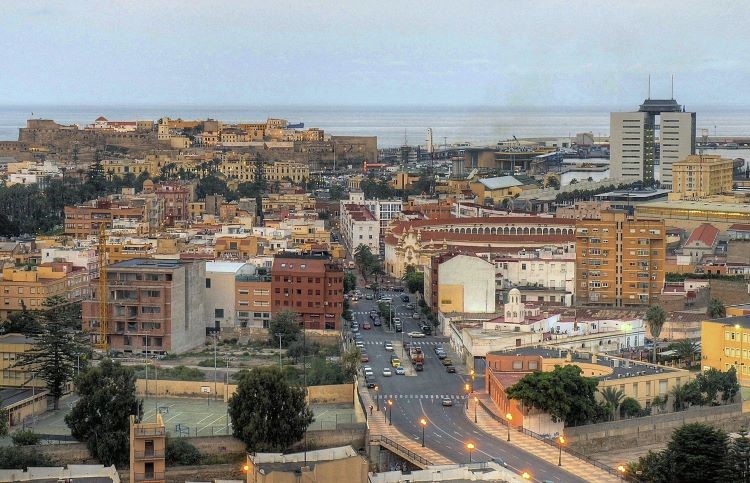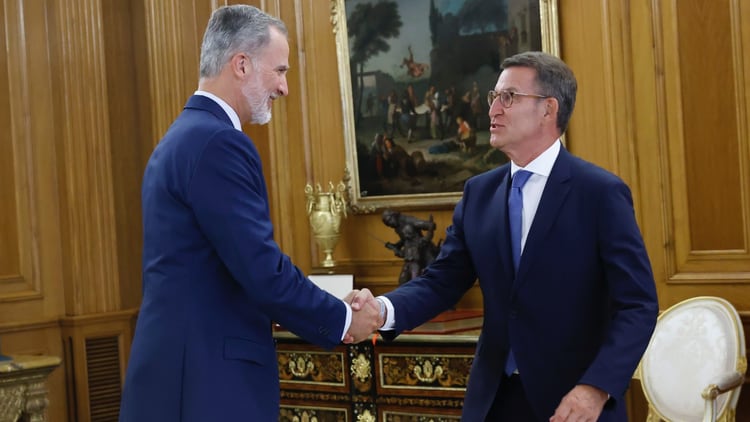The Diplomat
The Spanish government reiterates that the Spanishness of Ceuta and Melilla “is beyond any doubt” and there is “no room for discussion” in this regard, after the Moroccan embassy in Spain included a map on its website showing the two autonomous cities as Moroccan.
A Foreign Ministry spokesman told The Diplomat that ‘Spain’s internationally recognised borders, including Ceuta and Melilla, are beyond doubt‘, as is ‘the Spanishness’ of both autonomous cities. Therefore, the spokesman added, “it is a matter without any discussion whatsoever”.
After the existence of the map became known, the president of Melilla, Juan José Imbroda (PP), asked the government last weekend for “a formal protest” at the inclusion on the map of the two Spanish enclaves in North Africa.
And on Monday, the secretary general of the PSOE in Melilla, Gloria Rojas, also “totally” rejected the publication of the map, adding: “It is intolerable that anyone, either inside or outside our borders, should question our Spanishness and we will not tolerate it”.
So far, however, it does not appear that the Spanish government has expressed any kind of formal protest to the Moroccan authorities, as it did at the end of May. At that time, the government sent a note verbale to Rabat to complain about a letter sent to Brussels in which Morocco claimed that Ceuta and Melilla are Moroccan cities in order to criticise the statements on the Spanishness of both made by the vice-president of the European Commission and responsible for the Promotion of the European Way of Life, Margaritis Schinas.
Pedro Sánchez’s government is trying to maintain a good relationship with Morocco, after the turnaround in Spain’s position on Western Sahara in April last year, describing Mohamed VI’s autonomy proposal as ‘the most serious, realistic and credible’ way of resolving the dispute.
Despite this turnaround, Morocco has continued to claim sovereignty over Ceuta and Melilla on several occasions, which has forced the Spanish government to come out on several occasions in defence of the Spanish sovereignty of the two cities.
This was done by the President of the Government, Pedro Sánchez, in the Congress of Deputies after an official Alawi letter sent to the UN Human Rights Council last September claimed that Morocco had no land borders with Spain. “Ceuta and Melilla are Spain, full stop,” Sánchez argued.
After the High Level Meeting (RAN) last February in Rabat, Sánchez announced that both governments had assumed “a commitment to mutual respect, whereby in our discourse and in our political practice we are going to avoid everything that we know offends the other party, especially in what affects our respective spheres of sovereignty”.
Despite this, the president of the Moroccan Senate, Enaam Mayara, made some controversial statements in April, which he had to rectify, in which he maintained that Ceuta and Melilla are “occupied” by Spain and considered it feasible to recover them in the future through negotiation “without resorting to arms”.







